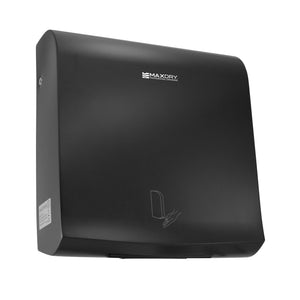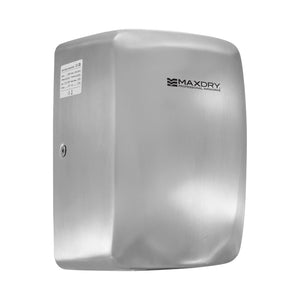Personal Hygiene Mistakes You’re Most Likely Making
You would be surprised by the number of people who make minor, yet crucial, hygiene mistakes when it comes to personal hygiene. A combination of these minor mistakes can impact the quality of your personal hygiene practices and routines. It’s also important to consider who you receive your personal hygiene information and advice from. As a general rule of thumb, only accept personal hygiene information provided by specialists in the industry and not regular individuals. Everyone’s lifestyles and personal hygiene habits vary, which is why you may receive inconsistent advice. Read ahead to learn how to get better hygiene that doesn’t require spending hundreds of dollars on hygiene products. Most of these are simple, everyday changes you can make to improve your personal hygiene.
What’s Personal Hygiene?
Personal hygiene refers to the practice of upkeeping the cleanliness of one’s body and hair all the way from grooming to washing and drying. This is the general understanding of personal hygiene, while the specific format of it differs from person to person. Each individual has a different bathing schedule, list of products that they use, and certain personal and health issues that impact their personal hygiene routines. While personal hygiene is an individual matter, a person with bad hygiene is easily distinguishable from their lack of cleanliness related to body odour or other visible signs of ill hygiene practices.
Cleanliness of Your Space
Your personal hygiene is also greatly impacted by your surroundings. The rest of your house and daily surroundings aside, your washroom is a shelter for unwanted bacteria collection. Try some of these best practices to ensure your personal hygiene efforts aren’t going out of the window due to an unhygienic washroom.
-
Changing loofahs and washcloths — anything that you use to wash your body can become a home to bad bacteria very soon, which is why it’s important to change these out frequently. This applies to sponges and scrubbing gloves as well.
-
Keeping your toothbrush away from the toilet — many people don’t know about how many waste particles can enter the air when flushing without putting the lid down first. Toilet hygiene is certainly a valuable aspect of your personal hygiene.
-
Changing your toothbrush every 3-6 months at least — your toothbrush on its own is already a place where bacteria from your mouth collects in the depths of the bristles. Make a practice out of changing it often.
- Reusing the same towel without washing it — towels that become soaked especially will start emitting a foul odour if they are not washed afterwards. Try to wash your towels in between every 2-4 uses and let them properly dry after use.
More Common Personal Hygiene Mistakes
The list doesn’t end there. There are still many personal hygiene mistakes that people make everyday related to your practices and efforts in maintaining your personal hygiene. You may have the right motivations, but still end up having poor hygiene if you’re making these mistakes:
- Using too many products with chemicals — whether it involves hair care, skin care, or face care, avoid using too many products in general. If you must, then be cautious of the particular chemicals that are included in these products before use.
- Not washing thoroughly — we have all been there and know the feeling of wanting to get in and get out of the washroom quickly. However, if you don’t wash your hands with soap for at least twenty seconds, and at least two minutes for your teeth, then your personal hygiene won’t be effective.
- Excessively touching face and hair — your hands touch your phone (which is a shelter of dirt and bacteria) along with anything else in your surroundings thus, getting all that to your hair and face. This is one of the most common personal hygiene mistakes people make completely unintentionally.
- Wearing dirty clothes — even if your clothes aren’t visibly dirty but they are sweaty or have been worn several days in a row, this will impact your personal hygiene negatively. You are more likely to experience rashes related to the cleanliness of your clothes.
- Ignoring nail care — it’s wrong to assume your nails will become cleaner after washing your hands or taking a shower. It’s important to make sure they are clean underneath, trimmed, and it is recommended that you use a cream or cuticle oil from time to time to avoid breakage or cracking.
- Not drying properly—whether it’s with a towel or hand dryer, make sure to dry your hands thoroughly. With a hand dryer, leave your hands to dry for around 20 seconds for optimal drying.
- Ignoring public hygiene— personal hygiene doesn’t end at home. Make sure to wash your hands and dry them with a hand dryer in public spaces.
Everything that we mentioned involves people of all genders equally. There is a common misconception that one gender is better at personal hygiene than the other, but this is not the case. Personal hygiene is a ‘personal’ matter, as the name suggests, and differs from each individual.
Related Products
-
ThinMAX High Speed Hand Dryer - Black Coated Stainless Steel

- Regular price
- $427.60
- Sale price
- $427.60
-
SpaceMAX High-Speed Vertical Hand Dryer, Brushed Stainless Steel (Satin)

- Regular price
- $279.50
- Sale price
- $279.50



